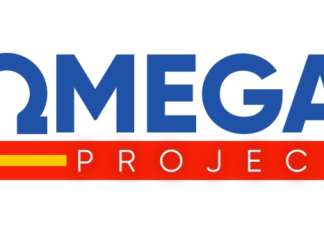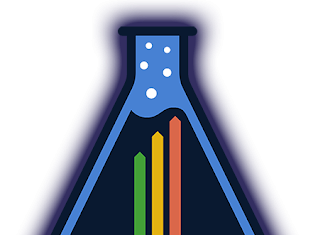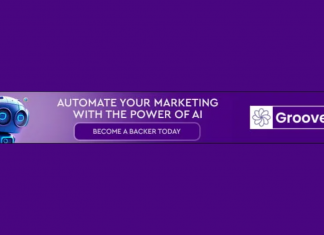Microsoft co-founder and philanthropist, Paul G. Allen, pledged $125 million to the Allen Institute for Artificial Intelligence (AI2) and commitment to support a new innovative high-impact research on common sense for artificial intelligence (AI).
In an official press release, commented on the purposes of the new research project and his motivations to support the initiative: “When I founded AI2, I wanted to expand the capabilities of artificial intelligence through high-impact research. Early in AI research, there was a great deal of focus on common sense, but that work stalled. AI still lacks what most 10-year-olds possess: ordinary common sense. We want to jump start that research to achieve major breakthroughs in the field.”
Even though there have been significant advanced in the AI field in the past decade, AI still lacks the ability to solve major unstructured problems or manage unanticipated tasks and situations.
Teaching something like common sense to robots has turned out to be an extremely difficult task in which many researched have failed. “This is an extremely complicated challenge,” said Mr. Allen. “If we want AI to approach human abilities and have the broadest possible impact in research, medicine and business, we need to fundamentally advance AI’s common sense abilities.”
Oren Etzioni, CEO of AI2, also commented on the difficulty of the new missions and the necessity of a more robust approach to the project, saying “Despite the recent AI successes, common sense—which is trivially easy for people – is remarkably difficult for AI. No AI system currently deployed can reliably answer a broad range of simple questions such as: ‘If I put my socks in a drawer, will they still be in there tomorrow?’ or ‘How can you tell if a milk carton is full?’ For example, when AlphaGo beat the number one Go player in the world in 2016, the program did not know that Go is a board game.”
The investment of $125 million will fund both existing projects and the new Project Alexandria. It will result in a doubling of the organization budget for next year, according to data presented by The New York Times.
To help machines handle easy more than simple questions and mimic human tasks and reasoning, the researchers will rely on insights from various disciplines and studies, including machine reading and reasoning (AI2’s Project Aristo), natural language and understanding (AI2’s Project Euclid), and computer vision (AI2’s Project Plato). They plan to use their unified and extensive knowledge source as a foundation for future AI systems to build upon and thus help machines calibrate the appropriate action and response by using “common sense.”
According to Gary Marcus, founder of Geometric Intelligence (acquired by Uber) and professor of psychology and neural science at NYU, “Common sense is the precondition for general intelligence; until we get there we will be stuck with narrow AI that is rarely robust and never as flexible as human reasoners.”
The name of the project comes from the ancient library in Alexandria, Egypt, which is the fabled repository of texts in the 3rd century BCE. The project might set the foundations for a next level utility and integration of AI in our daily lives.
More information about the AI2’s Project Alexandria can be found at: http://allenai.org/alexandria/






























